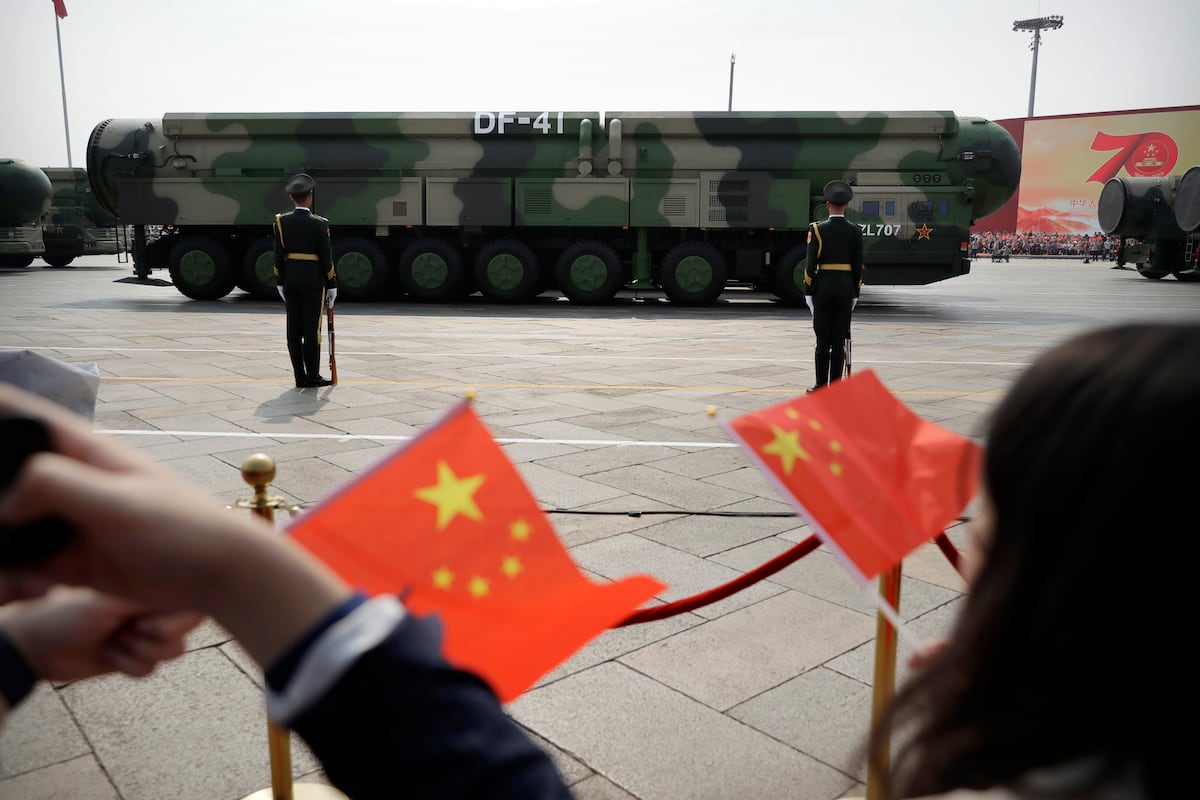Transitioning Tactical Air Control to Cyber Operations: A Strategic Shift at Roland R. Wright Air National Guard Base
The Roland R. Wright Air National Guard Base in Utah is undergoing a significant transformation within its operational framework as it phases out its Tactical Air Control Party (TACP) squadron. This change comes as the U.S. Air Force aims to enhance its cyber capabilities in response to evolving global threats.
New Direction for the Utah Base
On Thursday, the U.S. Air Force announced that the base will become home to two cyber operations squadrons, expected to achieve full operational capability by 2030. This strategic transition will involve reallocating personnel from the inactivated 109th Air Control Squadron, which is being dissolved due to recent austerity measures within the defense budget.
Key Points of the Transition:
- Inactivation of the 109th Air Control Squadron: This squadron, which played a pivotal role in coordinating airpower support alongside Army and Marine Corps ground forces, will cease operations as part of broader budgetary cuts targeting TACP and associated control missions across the Air National Guard.
- Focus on Cyber Operations: The new units will support the Pentagon’s increased emphasis on cyber warfare capabilities amidst shifting defense priorities, particularly towards the Indo-Pacific region.
Contextualizing the Shift
The decision to transition from traditional air-ground operations to cyber capabilities reflects a larger reallocation of military focus. The fiscal 2025 defense budget mandated a 50% reduction in TACP missions, illustrating a clear pivot away from strategies rooted in past conflicts in the Middle East. Instead, attention is increasingly directed toward potential confrontations with adversaries in the cyber realm, notably China and Russia.
Reassignment of Personnel
In the wake of this strategic shift:
- Personnel Impact: The Utah Air National Guard expects to gain 12 full-time positions while losing 52 part-time roles as part of this transition.
- Enhanced Training for Cyber Missions: Personnel currently within the 109th will undergo extensive retraining to adapt to the new cyber-focused mission, highlighting the growing recognition of cyber operations as essential tactical assets.
Broader Implications for National Security
The Air National Guard’s statement emphasizes the critical role that cyber capabilities will play in bolstering national security in the modern operational environment. With adversaries advancing their cyber capabilities, the U.S. military’s adaptation to maintain a strategic edge has never been more imperative.
Strategic Reconfiguration
This shift mandates not only a reassignment of personnel but also a comprehensive reconfiguration of facilities and equipment to support cyber operations. This transition embodies a broader military strategy prioritizing digital warfare, thus enhancing the U.S. position in global power dynamics.
The acknowledgment of cyber warfare’s tactical significance shows the adaptive measures being undertaken at the highest echelons of the U.S. military and National Guard. This transition responds not only to the immediate need for enhanced cyber readiness but also aligns with the Interim National Defense Strategy, ensuring that the military is well-equipped to face contemporary threats.
In a rapidly changing defense landscape, the conversion of the 109th into cyber-focused units exemplifies a forward-thinking approach aimed at ensuring the U.S. maintains its operational superiority amidst dynamic geopolitical challenges.
This article provides an overview of the strategic transformation occurring at the Roland R. Wright Air National Guard Base, focusing on personnel reassignments, enhanced cyber capabilities, and broader national defense implications.





